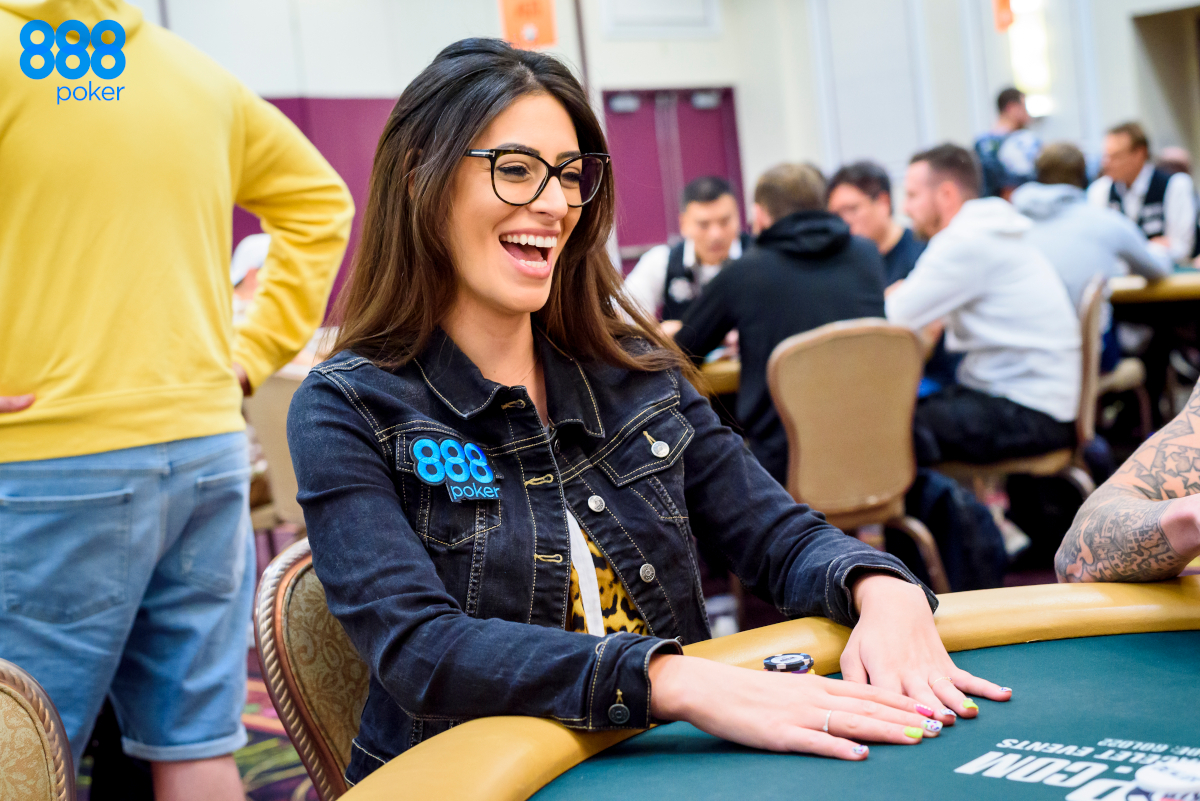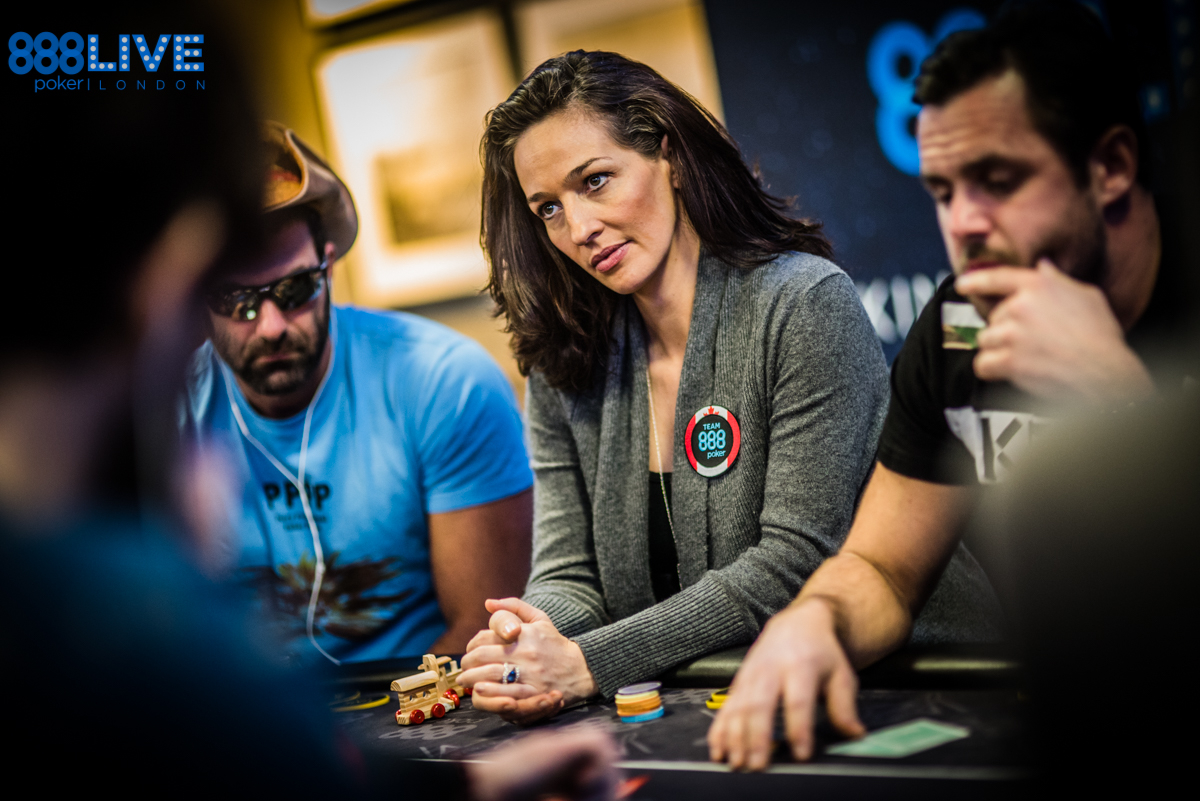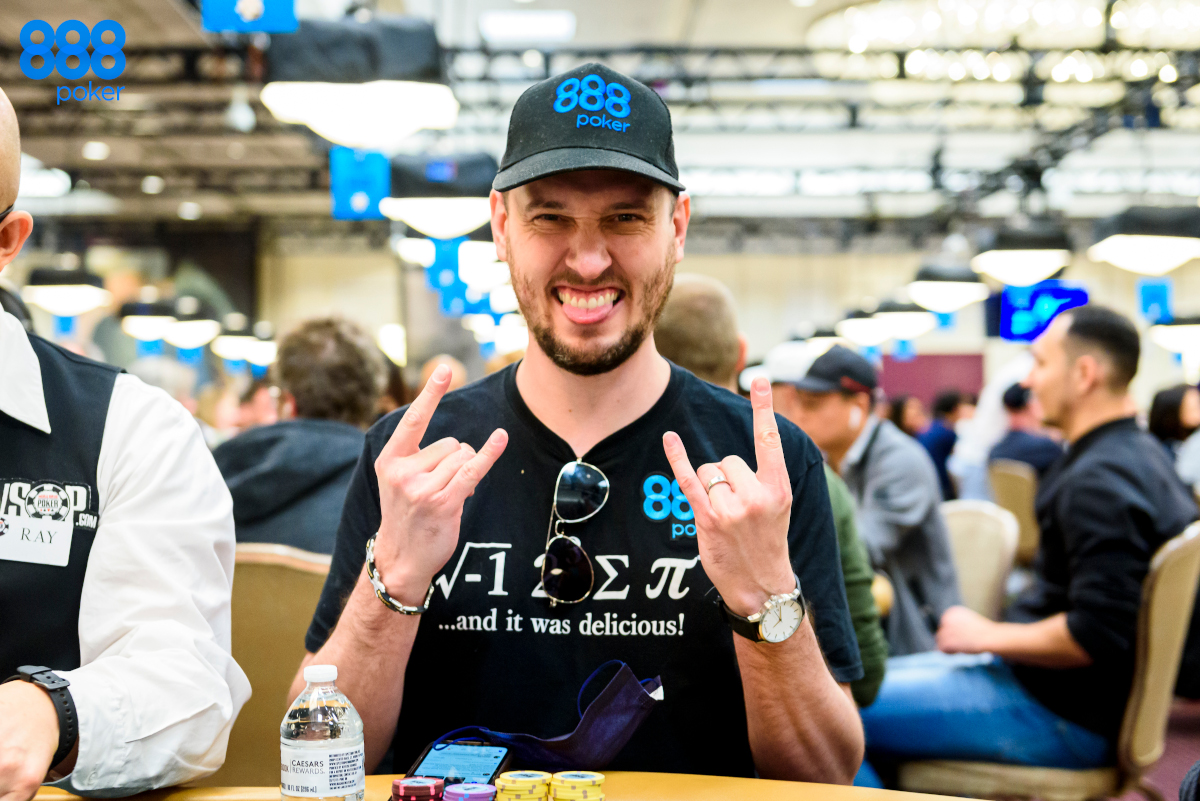Is it more beneficial to a poker player’s success to be an introvert or an extrovert? Well, “it depends.”
Understanding the difference between the two traits and how they could be beneficial or detrimental to your game is essential.
Let’s start with a quick detour by looking at personality more generally.
Personality is a complex concept to pin down. By definition, people are highly variable and intricate. So, most modern psychological research tends to focus on personality traits. A personality trait is an enduring, relatively stable characteristic resistant to change.
Psychologists have taken the time to group together similar traits together to assign personality constructs. These groupings can help us better understand ourselves as well as others.
Understanding ourselves and others is helpful because it makes the behaviour more predictable.
Defining Personality Constructs
The process of grouping behaviours into personality traits started in the 1920s. Psychologist Gordon Allport sorted characteristics into the following categories –
- Cardinal traits (e.g., selflessness & altruism), common traits (e.g.,. aggression, and honesty)
- Secondary traits tend to be situation specific.
It wasn’t until the1960s that psychologist Hans Eysenck described personality using two main personality traits. These were extroversion and neuroticism. We still use these terms today, although they have expanded.

- Extroversion is the extent to which a person prefers to direct their attention outwards. A person high in extroversion tends to be sociable, outgoing, and active. Extroverts are naturally inclined to pay attention to other people and their environment. They are often the life of the party and gain energy from interacting with others. If you’re an extrovert, you’ll likely enjoy live poker!
- Introverts, on the other hand, tend to direct their attention inward. They often report that they find prolonged interactions with others draining. For this reason, introverts spend time alone recharging their batteries. They usually prefer more solitary pursuits. For this reason, introverted people are more likely to be drawn to online poker.
As a side note: Eysenck used neuroticism to describe whether a person was emotionally stable. Neurotic people are more prone to mood swings, while the emotionally stable are more even-tempered and calm.
Also, those more neurotic express higher levels of frustration, anxiety, fear, and anger. They are more likely to overreact and are also less able to delay gratification.
As you might expect, being high in neuroticism doesn’t correlate with long-term poker success.
Identifying the Five Personality Factors
Currently, the most common way to think about personality is the five-factor model of personality.
The five dimensions of personality are the following –
- Extroversion
- Openness
- Conscientiousness
- Agreeableness
- Neuroticism
Each dimension has a whole host of smaller, more specific traits. This model builds on Eysenck’s work to paint a more accurate and complete picture of human tendencies.
Let’s consider the three additional aspects – Conscientiousness, Openness and Agreeableness - and revisit the introversion/extroversion question later.
Conscientiousness
A person high in conscientiousness performs a task well and to completion. They are thorough, organised and disciplined. People high in this trait are often perfectionists, which seems positive on the surface. But this characteristic can often be harmful and lead to procrastination, depression and/or anxiety.
Poker players high in conscientiousness are likely to climb poker ranks due to high levels of self-discipline. Elite poker requires a ton of deliberate practice, and conscientiousness helps with that.
A person low in conscientiousness would doubtfully have the “stick-to-itiveness” to become an elite player.

Agreeableness
Agreeableness is the extent to which a person values cooperation and is sympathetic to others. People high in agreeableness focus on how others see them and tend to be outward-oriented. They like for everyone to get along and enjoy helping others.
From a poker perspective, a person high in agreeableness is likely to enjoy studying in a group setting and can make a fantastic coach. The downside is that it can be difficult for them to take strong, aggressive lines - especially against friends.
Openness
Openness refers to intellectual curiosity and an interest in new and different experiences and activities. If you’re high in openness, you’ll likely be keen to learn new games and open to learning new strategies.
If you’re low in openness, you’ll likely be reluctant to move up in stakes. You’ll stick to the same formats, casino or poker room and opponents.
As you can probably guess, being high in openness directly correlates to poker success.
Introvert/Extrovert Traits in Poker
To better understand your personality (and that of others), It’s essential to understand a couple of things.
- Firstly, all personality traits exist on a continuum. Introversion and extroversion, for example, are on such a continuum. A person would rarely consider themselves 100% introverted or extroverted.
A naturally introverted person may appear quite lively when around a small group of close friends. In contrast, an extrovert might appear relatively subdued at a stressful job interview. The settings we find ourselves in dictate how we show up to some extent. - Also, neither personality trait is superior to the other. Instead, each has its strengths and weaknesses. The general exception is neuroticism, which is universally negative in terms of achievement.

Let's consider introversion and extroversion as it relates to poker. The best successful strategy starts with understanding where you lie on the continuum.
- If you are more introverted, online poker will likely hold much more appeal to you. If you play live games, it will probably feel draining to you. Take plenty of breaks to recharge. Live poker tournaments or very long live cash games may exact a significant psychological toll. Plan accordingly, and don’t stack a bunch of live events or sessions in a row without allowing downtime to recover.
- Live poker will typically hold much more appeal If you are a natural extrovert, In contrast, online poker will likely feel dull and tedious. If you are in a situation where you have to play primarily online, you could meet up and play with friends. Or find a group to study and socialise with alongside playing. These strategies align with your extroverted tendencies.
Most Successful Personality Equation
Introversion and extroversion are just a tiny part of the personality equation. Recognising all the factors that play a role in poker success is crucial.
- Some research in sport psychology literature argues that a “good” personality is low in neuroticism and high in the other four (conscientiousness, agreeableness, openness, and extroversion).
- A person high in neuroticism and low in the other four is said to have a “difficult” personality. They will likely have a more challenging time achieving success in any realm.
It is difficult to say with much certainty that any level of extroversion by itself affects poker success. Much success comes down to one's ability to work hard - which is related to personality type (conscientiousness in particular).
But genetics, as well as the environment, are factors too. It’s the old nature versus nurture problem. Most psychologists are convinced that it is a combination that determines human behaviour and outcomes.
Understanding yourself better can help you choose to take advantage of your personality traits by ensuring they’re in alignment.


